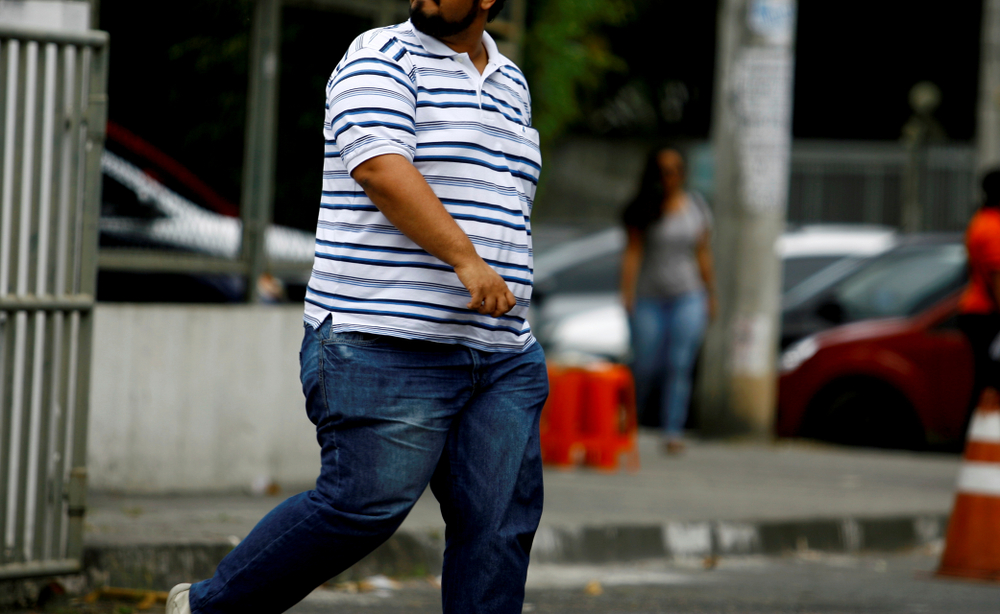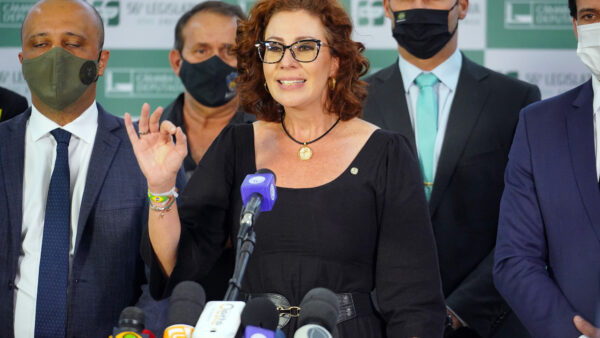While 61 million Brazilians face food insecurity, over 22 percent of the country’s population is obese. These two seemingly opposed yet interconnected crises have been steadily rising within the new reality of hunger facing Brazil.
In May, The Brazilian Report published a special analysis on the issue in which we categorized hunger as an “epidemic” plaguing the nation. Due to an “acute wealth concentration and inaction from the state”, Brazil has returned to levels of food insecurity equivalent to those three decades ago and a mere eight years after it was removed from the United Nations’ Hunger Map.
Malnutrition is largely credited for the accompanying crisis of obesity, as financially-strained households now opt for foodstuffs of little nutritional value for sustenance.
Including rice, corn flour, and manioc flour, these low-cost foods are able to falsely satisfy one’s appetite through their heavy starch content, but they carry little to no vital nutrients. Thus, as our report described, in this new era of hunger in Brazil, “gaunt, skeletal bodies are being replaced with obesity.”
Tracking these figures since 2008, the country’s nutritional oversight agency, Sisvan, has found the rate of child obesity to be particularly worrisome, especially as it causes complications such as diminished growth hormones. This figure currently sits at 29 percent for children aged five to nine nationally, with eight states reaching numbers above one third of this population.
In the southwest area of the Amazon, of the 1,027 children aged zero to five observed by Sisvan, only 89 were categorized as ‘underweight’ or ‘severely underweight’, around 9 percent. Moreover, the growth impediments caused by infant obesity have already become apparent, as 22 percent of five-to-10 year-olds in the region are below their expected natural height.
These figures may foreshadow a catastrophic public health situation in coming years, as the complications of early obesity and malnutrition will see this segment of the population develop further complications.
And with inflation now causing the price of the basic basket of food necessities to exceed the minimum wage in Brazil, the number of households, and subsequently children, facing these issues will only continue to grow.


 Search
Search






































